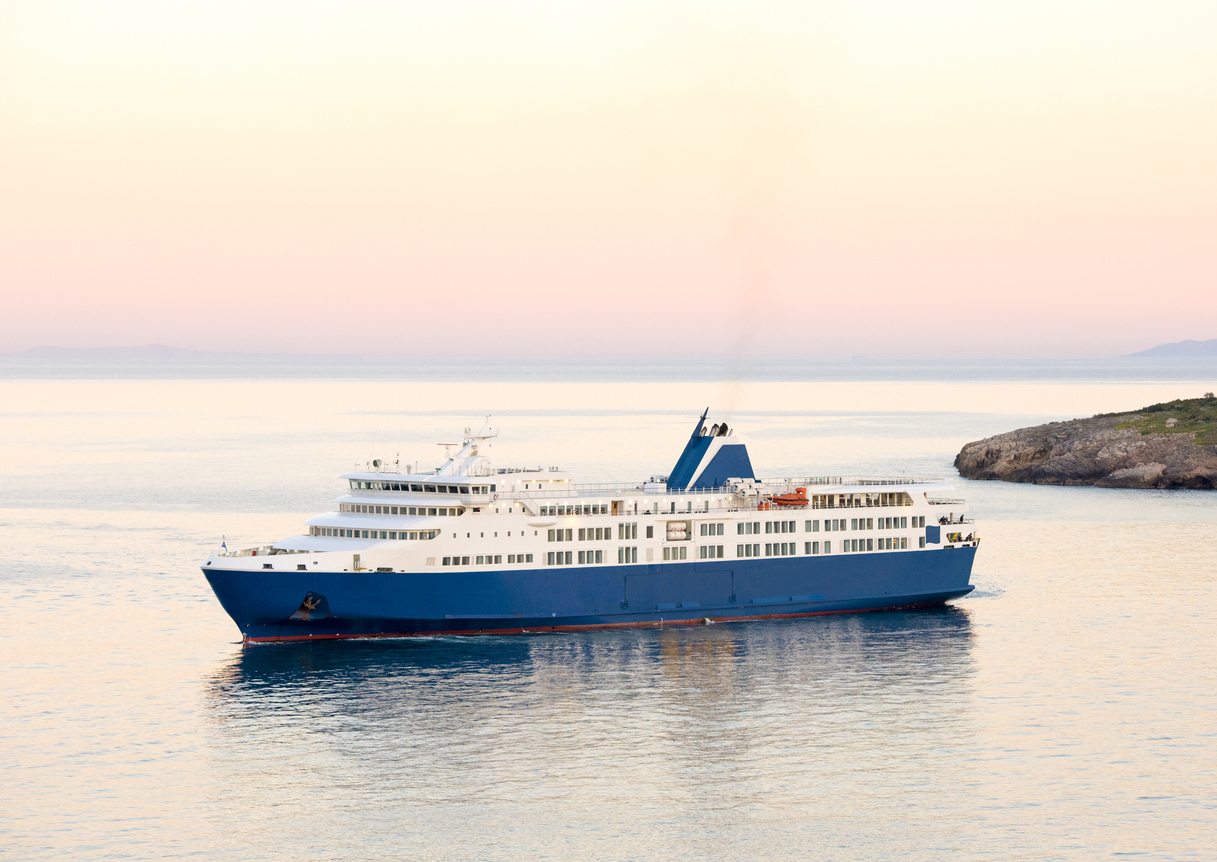Transport: The Advantages of Shipping and Trading Via Waterborne Transport
Transport: The Advantages of Shipping and Trading Via Waterborne Transport
Waterborne shipping and trading is a natural choice for transporting large quantities of goods over long distances. For centuries, water-based transport has helped to connect ports from one continent to the next and all around the world. Waterborne shipping and trading offers numerous advantages over other methods of transportation. By using rivers, lakes, seas, and canals for shipping and trading, businesses can save time and money while meeting the needs of their customers. This article will reveal why shipping via water is an advantageous alternative in certain situations. Keep reading to learn more about the benefits of shipping via water with examples of successful waterborne companies.
Reduce Costs
In some cases, shipping via water can reduce costs compared to other modes of transport. For example, transporting goods via sea may cost less than land transportation in countries where roads are underdeveloped. In other cases, a shipping company may reduce costs by choosing waterborne transport instead of air transport. Depending on the distance, the cost to ship via water may be lower than the cost to ship via air. When shipping via water, businesses can take advantage of economies of scale. This means that the per-unit cost to ship larger quantities is less than the per-unit cost to ship smaller quantities since the same costs are applied to each shipment. For example, it costs less per unit to ship 500 units of the same product in one shipment than it does to ship 250 units of the same product in two shipments.
Improve Customer Service
Waterborne shipping and trading can help businesses provide better customer service. This is because waterborne shipping can be more flexible and responsive than land transport. For example, a customer may want to receive an order as quickly as possible. When the product is waterborne, the shipper can choose a mode of transport that is faster than land-based modes. When the product is shipped via water, carriers can use smaller vessels that travel at higher speeds than larger vessels. This can allow the carrier to provide better service and reduce the transit time, which can help to satisfy the customer. Waterborne shipping can also help improve customer service when there is a disruption. For example, a river may temporarily close due to extreme weather conditions. If the shipper uses a waterborne mode of transport, it can divert the vessel to an alternative route or port until the river reopens. If the shipper uses a land-based mode of transport, it may not be able to divert the shipment.
Enhance Product Quality and Safety
The quality of goods may be better when they are transported via water than other modes of transport. This is because the products are not subject to extreme weather conditions. For example, if a company delivers medical supplies to a country that is experiencing a heat wave, the shipment may not survive the trip. When the products are transported via water, they are protected from extreme weather conditions. The safety of products may be better when transported via water than other modes of transport. This is because there are fewer opportunities for theft. When the products are transported via water, they are generally stored in a vessel equipped with a strong hull that is difficult to break into.
Meet Legal Requirements
Shipping via water may be necessary to meet legal requirements. For example, companies may need to transport certain hazardous materials via water to meet applicable legal requirements. This is because waterborne transport may be required by law. There may also be government regulations that a business must follow when choosing a mode of waterborne transport. For example, a company may be required to follow regulations set by the United States Coast Guard when transporting goods via water. These regulations may apply to the type of vessel used and the crew members on board.
Help Maintain Brand Reputation
Shipping via water can help maintain a company’s brand reputation. In many cases, the waterborne transport mode used to ship a product may not be visible to the customer. When the product arrives at its destination, the customers may not know how the product was shipped. This can help to maintain a company’s brand reputation. When customers see a company shipping by air, they may be able to observe the process. In some cases, the company’s brand may be visible and customers may be able to observe the company’s representatives. This may allow the customer to compare different shipping companies. However, when a company uses waterborne transport, the customer may not see the company’s brand. This can help to protect a company’s brand reputation.
Summary
Waterborne shipping and trading can benefit businesses in many ways. It provides several advantages over other modes of transport, including reduced costs, better customer service, better product quality, and easier compliance with legal regulations. When a company uses waterborne transport, it can improve its credibility by maintaining a low profile.








LEAVE A COMMENT
You must be logged in to post a comment.